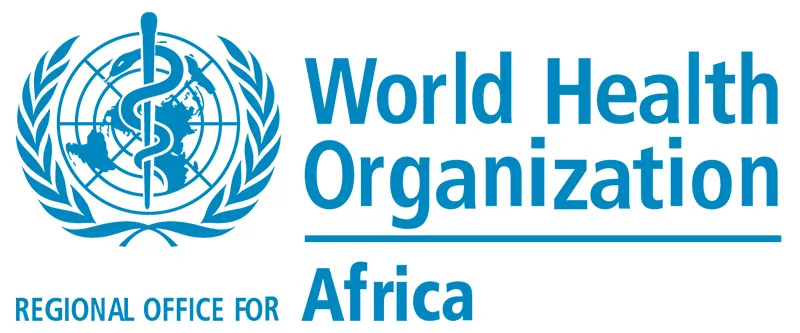
Alarming Surge in Cancer Cases Among Women and Young Adults: What You Need to Know
2025-01-17
Author: Ming
Introduction
A recent report reveals a worrying trend: cancer rates are escalating among women and younger individuals in the United States. For the first time, women aged 50 to 64 are experiencing higher cancer rates than their male counterparts. This disturbing shift raises questions about underlying causes, with experts suggesting factors like sedentary lifestyles, excessive alcohol consumption, and diets rich in ultra-processed foods as potential culprits.
Current Statistics
Despite a significant decrease in cancer death rates—down 34% from 1991 to 2022—many cancer types continue to see increasing incidence rates. The American Cancer Society (ACS) reported that while overall mortality is declining, an estimated 2,041,910 new cancer cases are projected for 2025, leading to about 618,120 deaths. The drop in mortality can be attributed to advancements in treatment for the most common cancers, including lung, colorectal, breast, and prostate cancers.
Rising Incidence Rates
The report highlights striking statistics: among women under 50, cancer incidence has skyrocketed to 82% higher than that of men—a dramatic increase from 51% just two decades ago. Lung cancer, notably, is now more prevalent among women than men in those under 65, linked to differing smoking initiation and cessation patterns.
Concerns Around Pancreatic Cancer
Pancreatic cancer remains a grave concern, with both incidence and mortality on the rise. Historically difficult to diagnose early, pancreatic cancer’s five-year survival rate stands at a dismal 8%. Experts like Dr. Nilesh Vora emphasize the need for improved diagnostic strategies and treatment options to match the advances seen in other cancers.
Lifestyle Factors
One factor contributing to the increased cancer burden in women and younger populations is lifestyle. Dr. Kathleen K. Harnden points out the effects of modern, sedentary living, often characterized by extended screen time and less physical activity, raising cancer risks. Additionally, emerging evidence suggests that diets heavy in ultra-processed foods combined with lower vegetable intake could heighten cancer risk.
Obesity as a Critical Risk Factor
Obesity emerges as another critical risk factor, particularly in women, with the American Cancer Society linking 10% of female cancer cases to excess body weight. Dr. Harnden expressed concern about the correlation between rising obesity rates and increased breast cancer risk, noting that each additional five pounds amplifies this risk.
Alcohol Consumption and Cancer
Furthermore, alcohol consumption is correlated with numerous cancers, including oral cavity, breast, and liver cancers, which have also seen rising incidence rates in the latest observations.
Disparities in Cancer Care
The report also underscores stark disparities in cancer care and outcomes among different demographics. Native American populations face two to three times higher cancer death rates compared to white populations, particularly for cancers of the kidney, liver, stomach, and cervix. Similarly, Black individuals are at double the risk of dying from prostate, stomach, and uterine corpus cancers, and are 50% more likely to succumb to cervical cancer—despite it being preventable through the HPV vaccine.
Need for Equitable Healthcare Access
Experts like Dr. Harnden stress the ongoing need for equitable access to cancer screening and treatment across all socioeconomic groups to address these alarming inequalities. Dr. Vora encourages outreach and education efforts targeted at underserved communities to ensure they benefit from advancements in cancer prevention and care.
Conclusion
In conclusion, as cancer rates rise, particularly among women and young people, it is crucial to stay informed about risk factors and advocate for equitable healthcare access. Through lifestyle changes and improved medical strategies, there is hope for reducing these concerning trends and ultimately saving lives. Look out for further developments and make health a priority today!




 Brasil (PT)
Brasil (PT)
 Canada (EN)
Canada (EN)
 Chile (ES)
Chile (ES)
 Česko (CS)
Česko (CS)
 대한민국 (KO)
대한민국 (KO)
 España (ES)
España (ES)
 France (FR)
France (FR)
 Hong Kong (EN)
Hong Kong (EN)
 Italia (IT)
Italia (IT)
 日本 (JA)
日本 (JA)
 Magyarország (HU)
Magyarország (HU)
 Norge (NO)
Norge (NO)
 Polska (PL)
Polska (PL)
 Schweiz (DE)
Schweiz (DE)
 Singapore (EN)
Singapore (EN)
 Sverige (SV)
Sverige (SV)
 Suomi (FI)
Suomi (FI)
 Türkiye (TR)
Türkiye (TR)
 الإمارات العربية المتحدة (AR)
الإمارات العربية المتحدة (AR)